Plug the leaks in your mobile user acquisition strategies.
With 4.51 billion people worldwide using mobiles and a staggering 4 million apps vying for their attention, your app seems lost, almost anonymous. Still, a handful of more astute players rise above this dense competition; they rope in a steady stream of valuable users and—crucially—keep them hooked with an unforgettable app experience.
The difference?
They've unearthed a battle-winning strategy for mobile app user acquisition. And now, it's your turn.
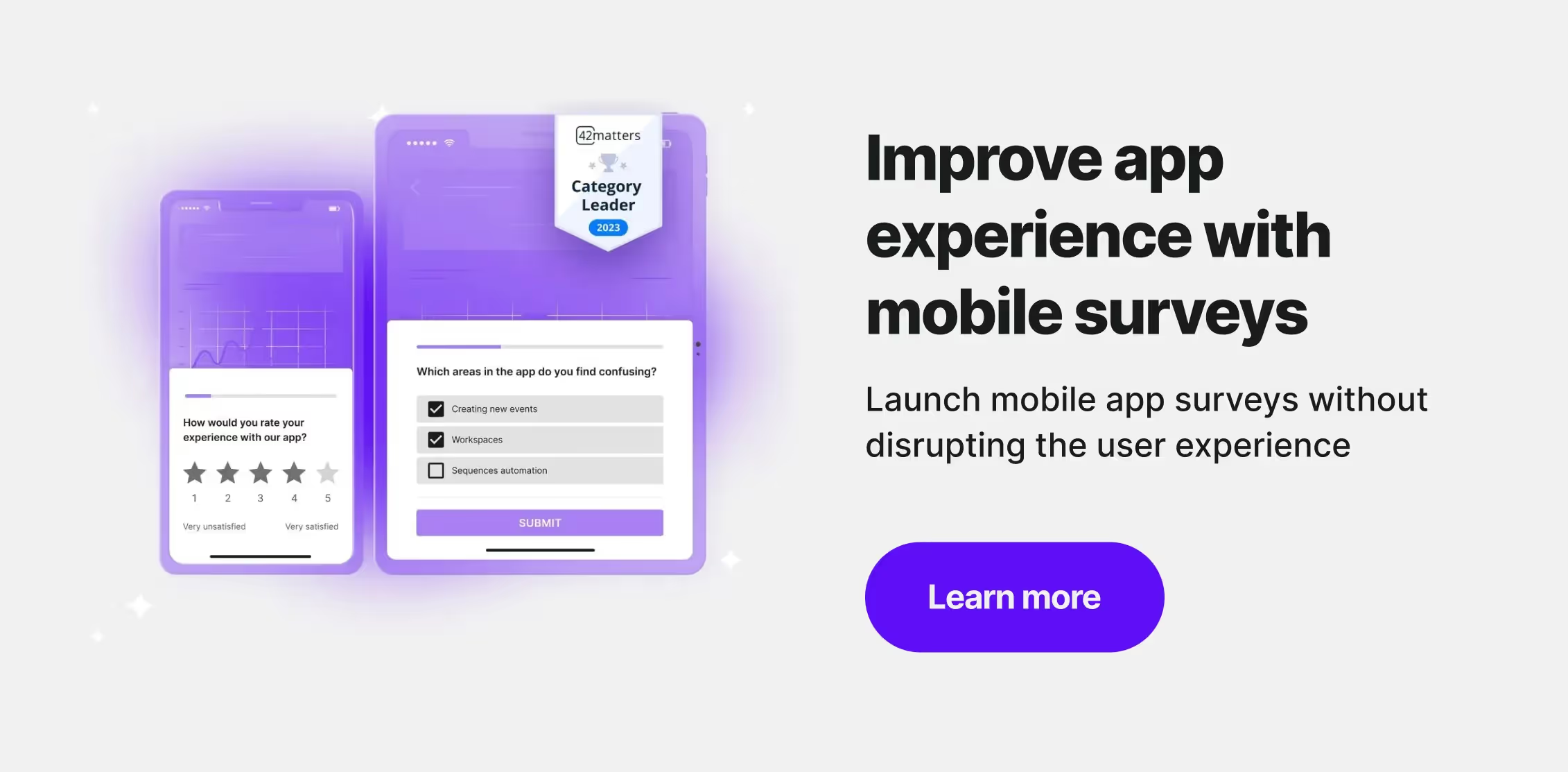
Marketing Techniques for Mobile User Acquisition Strategy
Good user acquisition strategies need to focus sharply on your target users. You can use social media channels to make your brand stand out and work with influencers to spread the word. Let's dig deeper into these app marketing efforts.
Understand Your Target Audience
Understanding your target audience is key for effective mobile app marketing. Pinpointing user behavior, demographics, and preferences can easily turn any marketing campaign into a successful one and significantly increase app user acquisition rates.
The foundation of understanding your target audience lies in creating precise user personas that encompass various user behaviors, interests, and motivations. Develop proper user segmentation strategies to reach different target groups more efficiently. This can enhance user acquisition and improve customer loyalty.
Another aspect of this understanding involves identifying and responding to user pain points. It's essential to closely observe user interactions with your app and seek frequent feedback.
Leverage Social Media Channels
Social media platforms often prove to be a goldmine for marketers seeking to increase app user acquisition. Their vast user bases and detailed targeting abilities offer exceptional opportunities for brands to showcase their mobile apps to the right audience.
Different platforms cater to various demographic groups and serve distinctive marketing objectives. Brands can leverage highly visual platforms like Instagram or Pinterest to promote visually appealing apps, while professional networking platforms like LinkedIn may work better for B2B apps.
Having a consistent brand presence across these platforms helps to keep your app top-of-mind with potential users. Use a mix of organic and paid efforts to maximize exposure.
Use Influencer Marketing
Influencer marketing has emerged as a powerful strategy for mobile app promotion. It involves reaching out to influencers—individuals with a substantial follower basewho cater to your target audience to spread awareness about your app.
This method proves effective because of the trust that influencers have built with their followers over time. An endorsement from a respected influencer can significantly boost your app downloads.
Partnering with influencers for giveaways, app reviews, or influencer ads can get your app in front of millions of potential users and encourage them to download.
Remember that building a high-performance mobile app is only half the battle. The other half is getting the app onto users’ devices. By understanding your target audience and utilizing influencer and owned media marketing, you will be on the right path to securing valuable mobile app users.
Explore User Acquisition Channels for Maximum Reach
To thrive in the mobile app business and easily acquire users for your app, it's key to know how different channels work. Experiment with driving organic traffic and paid ways to see what's best. Learn how making your app easy to find in the app store helps a lot. Also, using in-app invites can bring in new users effectively.
Organic vs. Paid Channels
Take into consideration both organic and paid channels when defining your mobile user acquisition strategy. Organic traffic coming from channels such as SEO, content marketing, PR, or word-of-mouth, is advantageous in terms of enhancing the app authenticity and long-term user retention. However, these cannot alone guarantee fast growth and competitive advantages.
Paid channels, on the other hand, involve sponsors like social media ads, Google Ads, influencer marketing etc. Although they ensure immediate visibility and higher reach, they can be quite costly, and their impact on user retention is usually lower compared to organic growth.
App Store Optimization (ASO)
ASO is the process of optimizing a mobile app’s marketing copy (keywords, title, icon, screenshots, etc.) to rank it higher on app store search results and drive more traffic to your app store pages . Mobile users are more likely to download apps that appear in the top results, making ASO a significant aspect of mobile marketing. In fact, at least 65% of downloads come from App Store searches.
ASO involves a combination of keyword research, title, and description optimization, improving star rating and review volume, and app logo and screenshot design.
In-App Referrals
Another effective user acquisition strategy is through in-app referrals. People are four times more likely to download an app when referred by a friend, hence the potential of in-app referrals in driving not only downloads but also user loyalty.
However, for the in-app referral program to work, the app's performance must be seamless, and users must see real value in recommending it to their contacts. Therefore, providing a seamless user experience and relevant incentives could make referrals a highly effective acquisition channel.
To fully utilize these channels, remember that user acquisition is both an art and a science. It requires fervently understanding customer behaviors and continuously refining your strategy based on live feedback and performance metrics.
Implementing Cost-Effective User Acquisition Strategy
For a smart way to get more users for your app in 2024, focus on cost-saving methods. Using SEO can make your app more visible. Emails are also great for reaching out to potential users. Partnering with other apps can help too. Let's dive into how these work.
Leverage SEO
Search Engine Optimization (SEO) can effectively boost your app’s visibility in app marketplaces. Initiating intelligent SEO practices includes optimizing your app store page with relevant keywords, crafting eye-catching app descriptions, and using keywords strategically in content to match user searches.
Use Email Marketing
Email marketing remains one of the most robust mobile user acquisition channels. Skilfully crafted emails with personalized content can entice potential app users. The key is to develop engaging emails with clear calls to action, concise content, and well-designed layouts. Automating your email marketing can keep potential users engaged and guide them toward joining your app community.
Collaborate with Other Apps
Cooperating with apps catering to audiences similar to your target users can be a successful mobile user acquisition strategy. These collaborations can take the form of cross-promotion, co-marketing, user acquisition campaigns, or bundle deals, promoting your app to a wider user base. Cultivating these alliances can help expand your app's reach and user base.
Each of these strategies bolsters your app's chances of gaining a consistent stream of new users. Meticulous planning and strategic execution of these cost-effective methods can yield positive results, improving mobile user acquisition rates immensely.
Enhancing User Retention Strategies for Long-Term Success
To keep more users coming back to your app, focus on making their experience better, update your app often, and say thank you to loyal users. These steps encourage users interested and connected with your app over time, and eventually, boost your app retention rates.
Importance of User Experience
The user experience, often abbreviated as UX, is paramount to mobile apps success. An app that delivers a stellar UX not only secures initial interest but also bolsters user retention. The core principle here is to offer a seamless, clean, and straightforward app experience that allows app users to effortlessly obtain their desired results.
When focusing on UX, one can't ignore the role of intuitive app design. App users appreciate simplicity and responsiveness. Nobody wants to spend precious minutes figuring out how to navigate through an app when they can easily switch to a competitor. Thus, a well-designed, intuitive interface is a compelling element in keeping existing users engaged and satisfied.
Moreover, load times significantly determine an app's success. Time is of the essence in the digital world. Users are unlikely to tolerate an app that takes ages to load or respond. High-performance apps, which present minimal load times and smooth functioning, inevitably witness higher user retention rates.
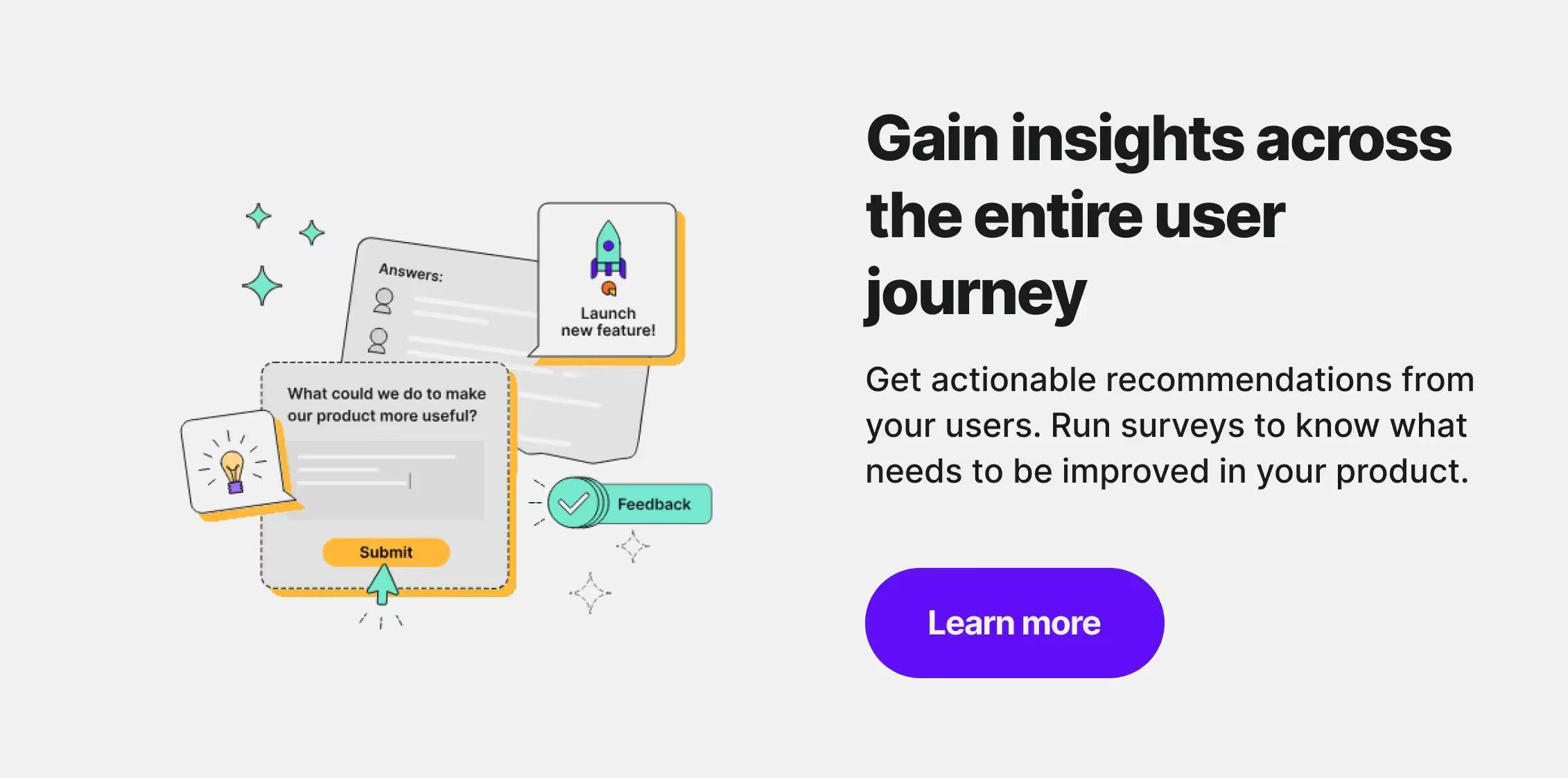
Regular App Updates
Full-featured apps don't necessarily equate to long-term user engagement. App content and features should undergo frequent updates. Regular updates not only improve app performance but also introduce new features and fix any previous bugs, matching up to users' constantly evolving needs and preferences.
Updated apps ensure a great user experience by tackling bugs and glitches before users get frustrated and abandon the app. Moreover, by introducing fresh features or revamping the user interface, updates breathe new life into the app, rekindling user interest and helping maintain app relevance in the ever-changing app market.
Reward User Loyalty
Rewarding user loyalty is central to user retention strategy. Loyalty reward programs typically involve assigning points or providing exclusive discounts, access or features to frequent users. Rewards incentivize users to continue using the app, thereby fostering long-term engagement.
Beyond mere rewards, personalized experiences foster a deep sense of connection and loyalty. Using data and analytics to understand user behavior and preferences can enable app developers to deliver personalized content and recommendations, adding exponential value to the user experience.
Remember, successful user retention doesn't rely solely on a single strategy. It requires a blend of enhanced user experience, regular updates, and worthwhile rewards to create loyalty among users.
Understanding the Role of ASO in Mobile User Acquisition Strategy
Grasping App Store Optimization (ASO) is key to getting more people to download your app in 2024. ASO helps your app show up more in app stores and attract users. This part will guide you through ASO basics, its techniques, and how to see if your efforts are working.
What is ASO?
App Store Optimization, or ASO, is a key method for driving app downloads. It's similar to SEO (search engine optimization) but specifically for app stores. ASO makes it easier for your app to stand out among millions of others increasing its visibility, which in turn, can greatly influence the number of downloads. The heart of this process incorporates choosing the right keywords, balancing them within your app title and description, as well as improving your overall app ratings and reviews.
ASO Techniques
Mastering ASO involves implementing a variety of techniques. Strategically researching and choosing the right keywords leads the pack. Here, the aim is to have an app that matches keywords users often search for. Striking a balance between title and keyword usage is critical. Also, remember—the higher your ratings, the more likely new users are to download your app. Hence, constant monitoring and improving user ratings and reviews is essential.
An exciting technique is localization, where the app is tailored to different languages and regions. Localization involves more than simple translation; it's about understanding the cultural context of different user bases. This can significantly broaden your reach and user acquisition.
The use of compelling visuals like screenshots and videos in the app description can be a determining factor as well. They give a glimpse of what to expect from the app and can effectively hook potential users.
Monitor ASO Performance
Just like in SEO, ASO isn't a one-and-done task. It's crucial to constantly monitor your app's performance and tweak strategies as needed. This way, you can stay ahead of ever-changing algorithms and competition. There are several KPIs and metrics to keep an eye on keyword rankings, organic and nonorganic installs, retention rate, and user reviews.In essence, if you want to upsurge your mobile app user acquisition rates, improving and refining your App Store Optimization strategy is critical. The process can be intricate, but the results can bring tangible boosts to your app's visibility and downloads.
Your Path to Mobile Growth
Remember the three C's: Clear marketing message, Competitive ASO, and cultivating Reviews. These are your winning touchpoints for enhancing mobile user acquisition strategy.
It's all about finding your voice and making it heard in this heaving sea of apps. The right strategy simplifies the path between you and your target user, erasing the struggle and replacing it with opportunity.
Immerse yourself in ASO tactics. Develop a succinct, eye-catching app description peppered with carefully chosen keywords. Amass those all-important positive reviews, their effect is twofold – boosting your app's visibility and propelling more users to download.
Here's the question to mull over: How can you apply the tool of precision marketing to your mobile app?
Navigating the mobile app space can be daunting, but you're not alone. Every mountain is a series of small steps, and your journey to significant user growth begins with the first one. Make it count. So, let's clock out from struggling and clock into mastering the art of mobile app user acquisition.
To help you with this task, you can also consider using Survicate surveys. Try them now for free for 10 days, and gain valuable users by understanding your demographics and your users' needs.








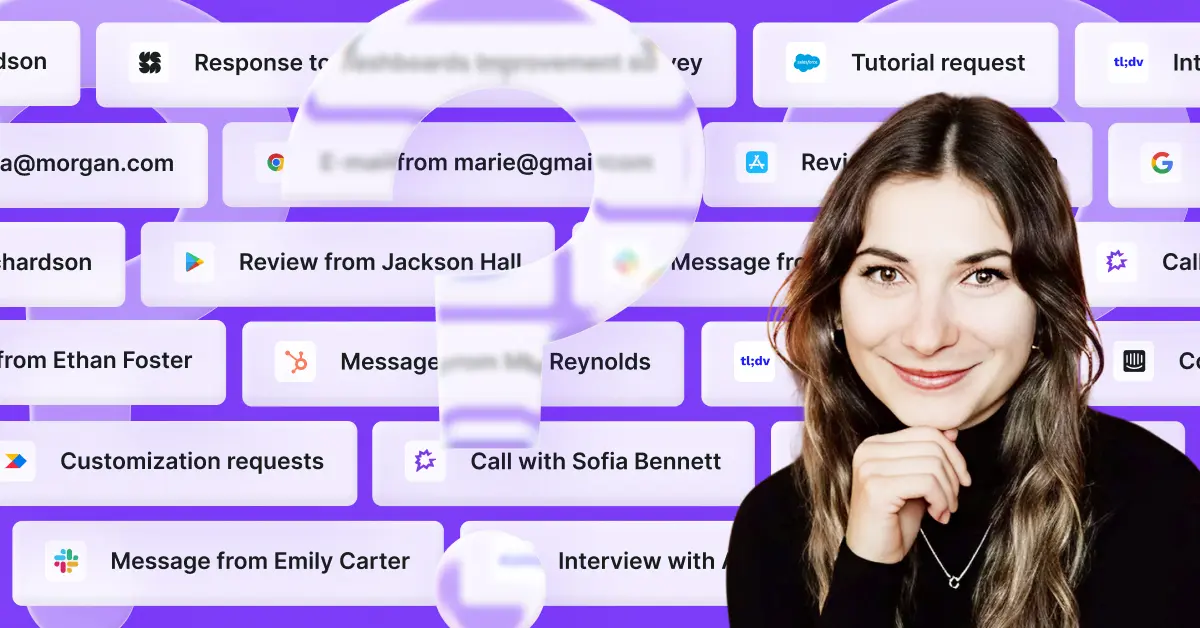
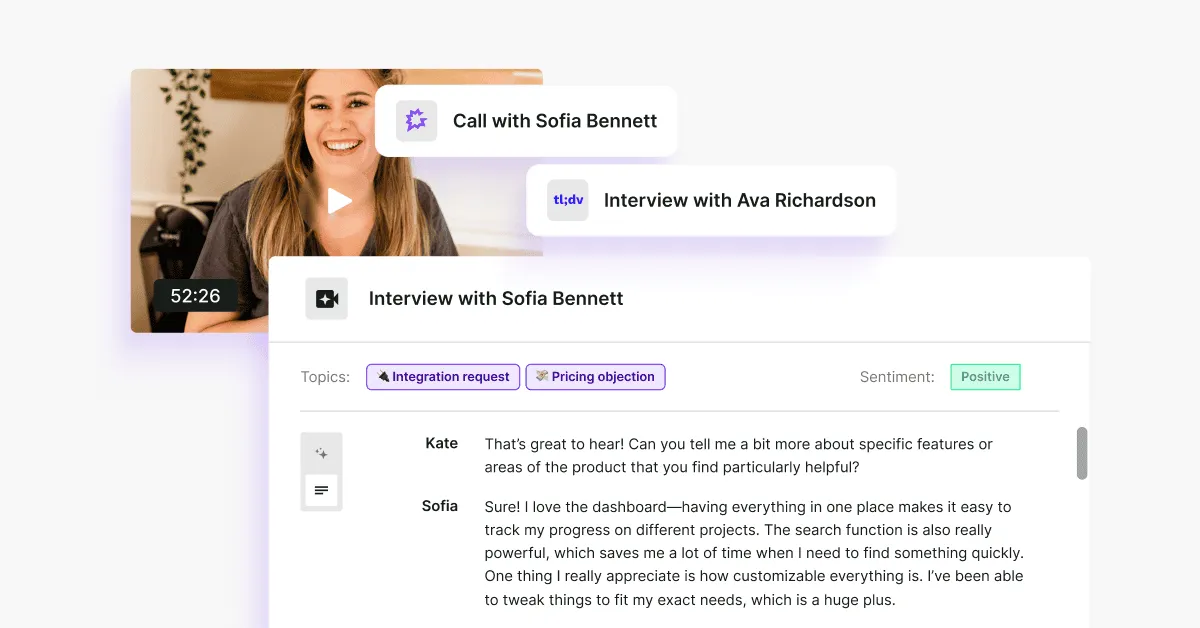
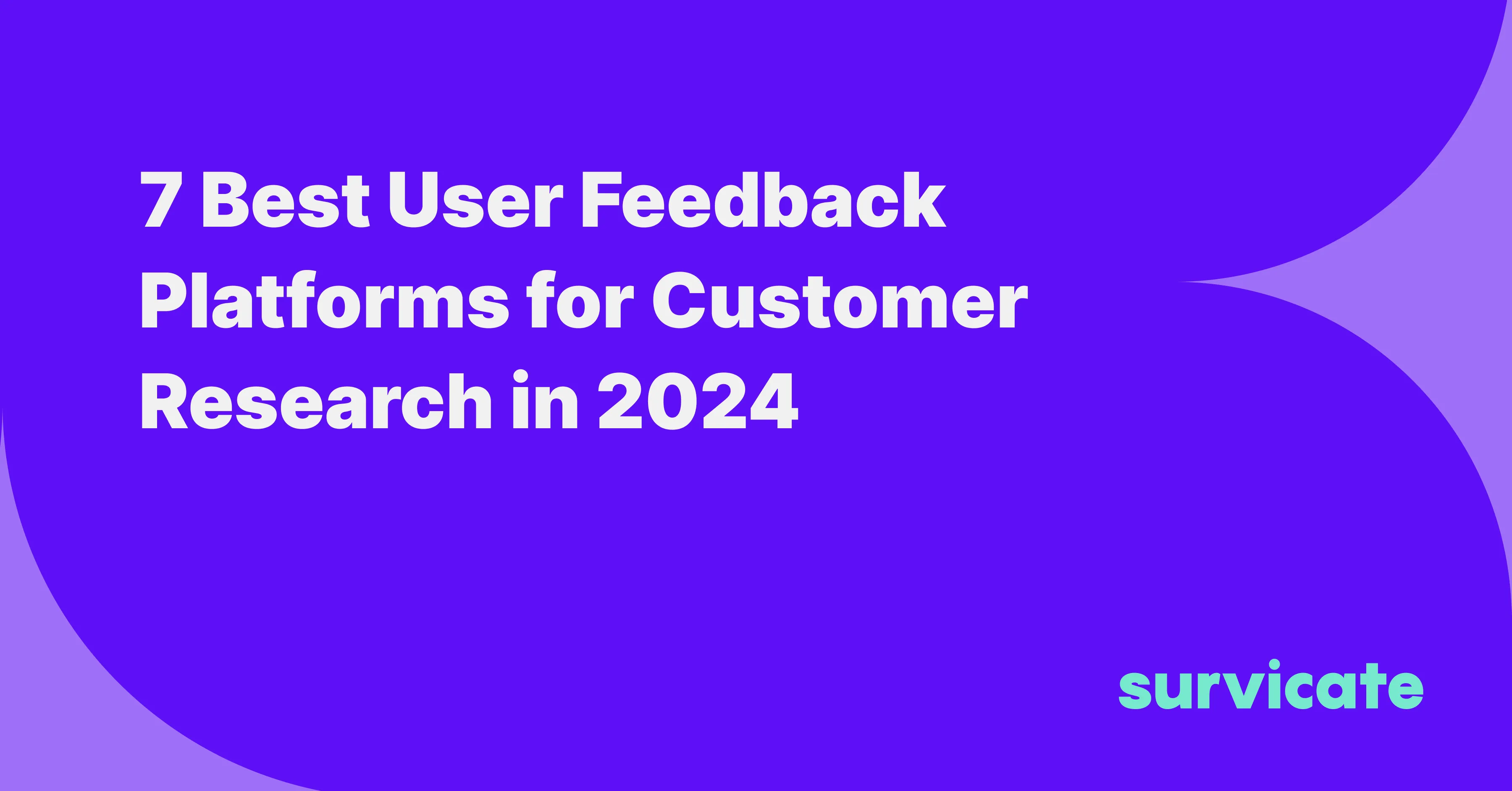
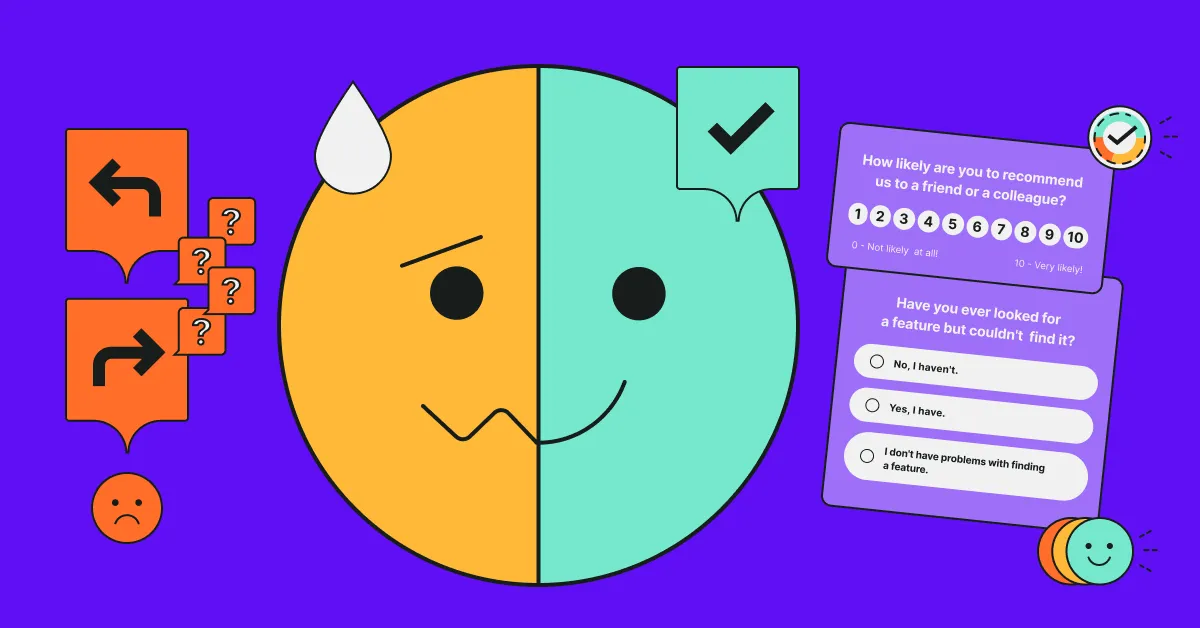
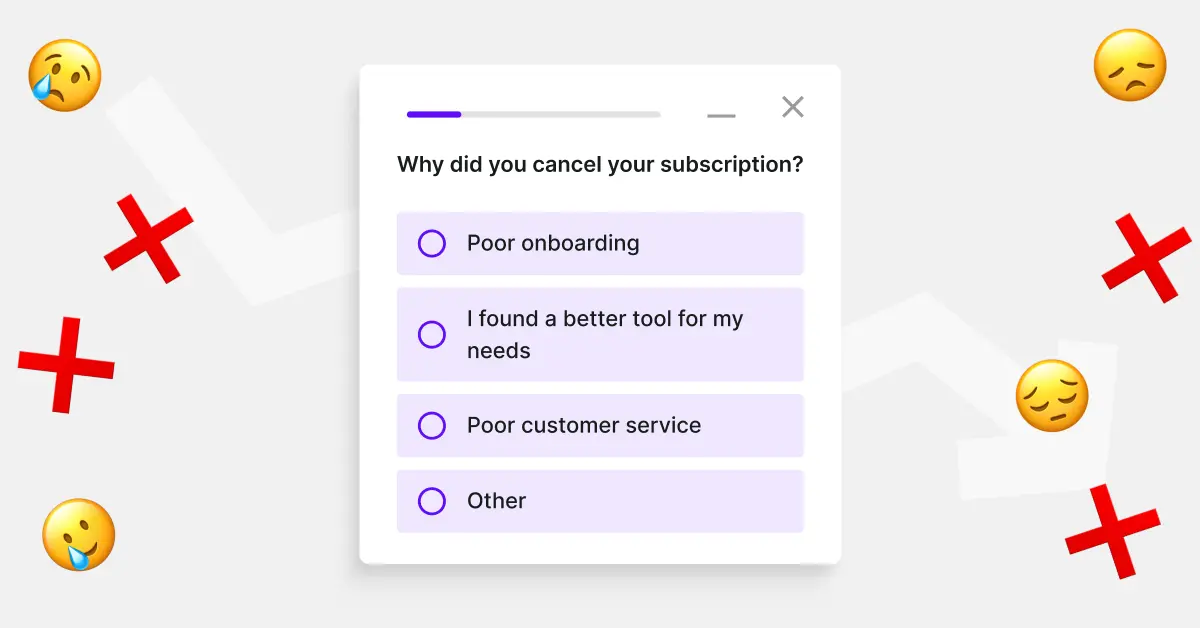
.svg)

.svg)


